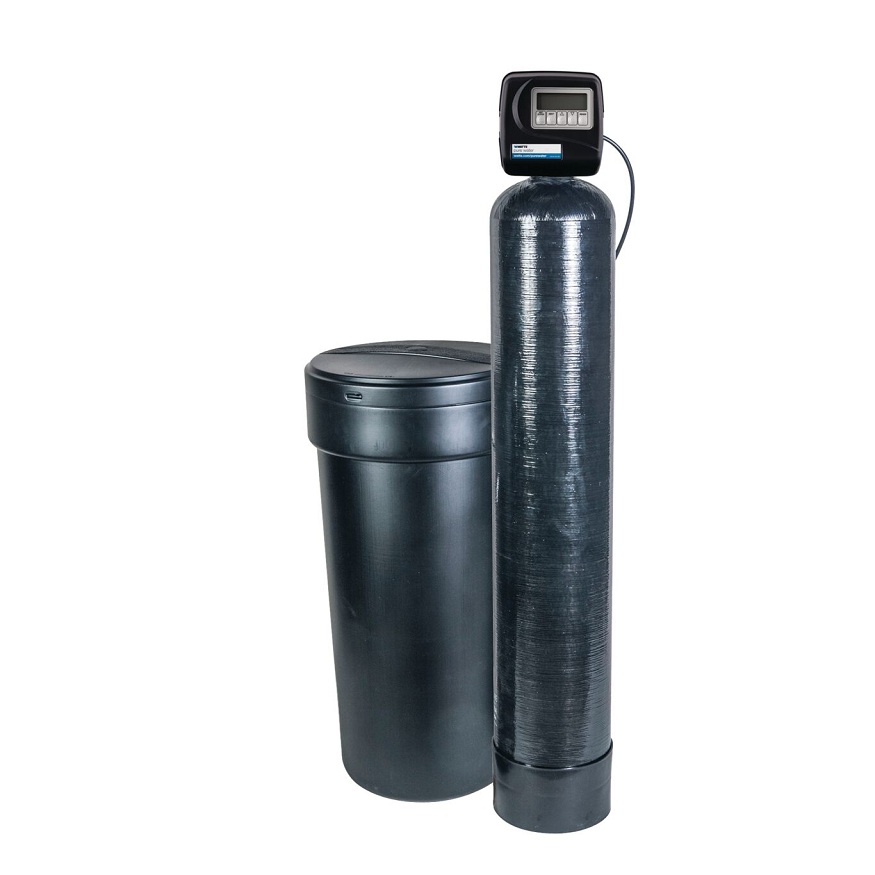
Most people pay attention to shampoos, conditioners, or oils when they notice their hair feeling rough or looking dull. Yet one of the biggest culprits often goes unnoticed: the water flowing out of your taps. Hard water, which contains high levels of calcium and magnesium, can gradually affect your hair health in more ways than you might realise.
Why Hard Water Affects Hair
When minerals in hard water bind to your hair, they leave behind a residue that regular washing cannot fully remove. This build-up weighs strands down, making them appear flat and lifeless. Over time, the deposits create a rough layer on the cuticle, which reduces natural shine and causes tangling. If you colour your hair, hard water can also strip pigment more quickly, leaving you with fading tones much sooner than expected.
Scalp health does not escape its impact either. Mineral deposits can interfere with the scalp’s natural oil balance, often leading to dryness, irritation, or even dandruff. Those who already struggle with sensitive skin may find their issues becoming worse with prolonged exposure.
Visible Signs on Your Hair
The effects of hard water often show up as:
- Hair that feels dry no matter how often you condition.
- A lack of natural bounce or movement.
- Split ends and breakage occurring more frequently.
- Colour treatments fading faster than normal.
If you find yourself using more hair products than before but still feel dissatisfied, your water quality might be to blame.
Steps You Can Take
Addressing hard water does not mean you need to completely change your lifestyle. Small adjustments can protect your hair and restore its natural vitality.
- Clarifying shampoos help remove some of the mineral build-up. Using them once or twice a week can make a noticeable difference.
- Apple cider vinegar rinses are another home remedy. They balance scalp pH and loosen deposits, though they should be used sparingly.
- Leave-in conditioners or serums lock in moisture and shield strands from further drying out.
However, these are short-term fixes. The most effective way to tackle the root of the problem is to treat the water itself. This is where water softeners play an important role. By reducing calcium and magnesium content, they provide soft water that is gentler on both hair and skin.
Why Consider a Water Softener
Installing a reliable system not only benefits your hair but also your household. Soft water prevents scale build-up in pipes and extends the life of appliances like washing machines and geysers. Solutions such as the CWS-40 from A. O. Smith show how advanced technology can handle these concerns with ease. Beyond protecting your plumbing, soft water supports healthier-looking hair and helps you use less shampoo and conditioner for the same results.
Final Thought
If you are struggling with dull, brittle, or unmanageable hair despite investing in good products, hard water might be the hidden reason. Simple changes like clarifying washes can help, but addressing the water quality itself provides lasting relief. With the support of water softeners, you can enjoy stronger, shinier hair while also improving your home’s overall water system.

